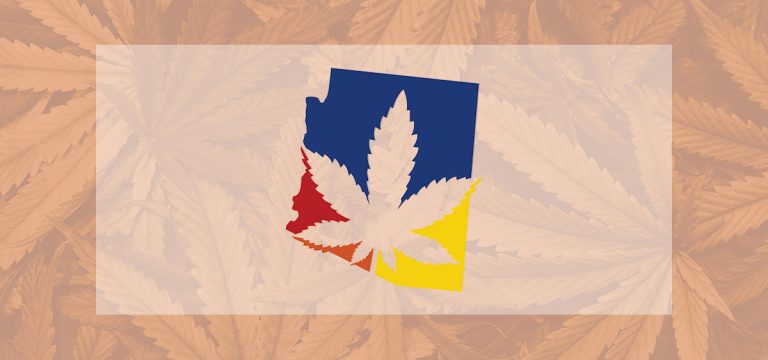In an opinion issued last week, Arizona Attorney General Kris Mayes said that the sale of delta-8 THC products and “other hemp-synthesized intoxicants” by businesses not licensed by the state health department are not permitted to be sold under state law.
“Irrespective of delta-8’s arguable federal legality under the 2018 Agriculture Improvement Act (‘Farm Bill’), Arizona continues to define and regulate ‘industrial hemp’ in a manner that precludes the sale of hemp-synthesized intoxicants in convenience stores, smoke shops, and other unlicensed locales.” — Mayes in the Mar. 11, 2024 opinion
In the opinion, Mayes notes that the Farm Bill “is silent” on delta-8 THC products. But because the cannabinoid occurs naturally in hemp plants, albeit in low concentration, proponents argue that the federal legislation legalized delta-8 and other intoxicating cannabinoids found in hemp – and a 2022 Ninth District court ruling supports that argument. The Drug Enforcement Administration (DEA), however, considers delta-8 an illegal drug listed under Schedule I of the federal Controlled Substances Act, the opinion states, and Arizona, too, lists delta-8 as a Schedule I controlled substance.
In the opinion, Mayes says that delta-8 products fall under the purview of the state’s adult-use cannabis legalization law and that businesses selling the products must be licensed by the health department in the same way as dispensaries and delta-8 products cannot be sold outside of state-licensed dispensaries.
“Delta-8 is an intoxicating hemp-synthesized cannabinoid with a chemical profile and psychoactive effect materially similar to that of marijuana,” Mayes wrote. “Intoxicating cannabis products are Schedule 1 controlled substances that may be sold only by licensed cannabis sellers in Arizona. Arizona’s 2018 industrial hemp law did not create an exception to these laws. … Delta-8’s sale by unlicensed entities like convenience stores and smoke shops is therefore unlawful.”
Get daily cannabis business news updates. Subscribe
